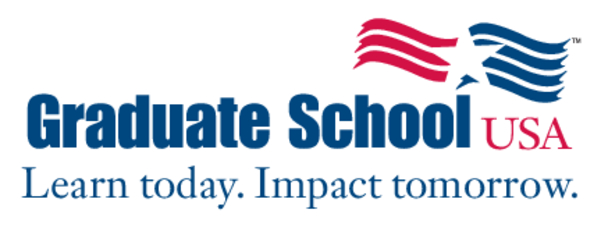Description:
Fraud is a booming business today! As fraud schemes become more sophisticated and defense attorneys more proactive, task forces including auditors, investigators and prosecutors are often assembled to combat the fraud schemes. Learn the techniques that are unique to planning and implementing a forensic audit. Identify how each team member contributes to the success of the task force. Learn the special rules and procedures that apply in obtaining evidence to substantiate and prosecute fraud. Analyze the differences between program and forensic audits, and also the basis for those differences. This course is part of the Certified Government Auditor (CGA) program, Level 1 and Level 2.
Duration:
2 days
Level:
Intermediate
Who Should Attend?
Auditors, investigators and attorneys at all levels who participate on task forces to uncover fraud schemes and prosecute the perpetrators. Auditors wanting to know the rules that apply in independently pursuing fraud as part of an audit will also benefit by taking this course.
Credits:
1.2 CEUs, 16 CPEs
Learning Outcomes:
- Describe and apply the five elements of a prosecutable fraud scheme.
- Detail criteria used by prosecutors in making litigation decisions.
- Describe the current situation that mandates joint task force efforts in combating fraud, and the participant's role on such a task force.
- Contrast the standards of evidence that apply in auditing from those that apply in prosecuting fraud Differentiate the various ways that a government agency may obtain evidence for use in administrative, civil and criminal cases.
- Describe the restrictions that a government agency must observe in obtaining evidence for use in prosecuting a criminal fraud case.
- Describe the principles of the forensic audit; and be able to apply them during a class project.
- State the basic rules of trial procedure, as well as the role of each participant Describe the task force participant's responsibilities as a potential witness; and be familiar with defense attorney tactics.
Available Sessions:
| Session Code | Start Date | End Date | Location | Tuition | |
|---|---|---|---|---|---|
| Session Code INVG8010-002 | Start Date Sep 17, 2025 9:00 AM EST | End Date Sep 18, 2025 5:00 PM EST | Location Virtual | Tuition $899.00 | |
| Session Code INVG8010-003 | Start Date Nov 12, 2025 9:00 AM EST | End Date Nov 13, 2025 5:00 PM EST | Location Virtual | Tuition $899.00 |

